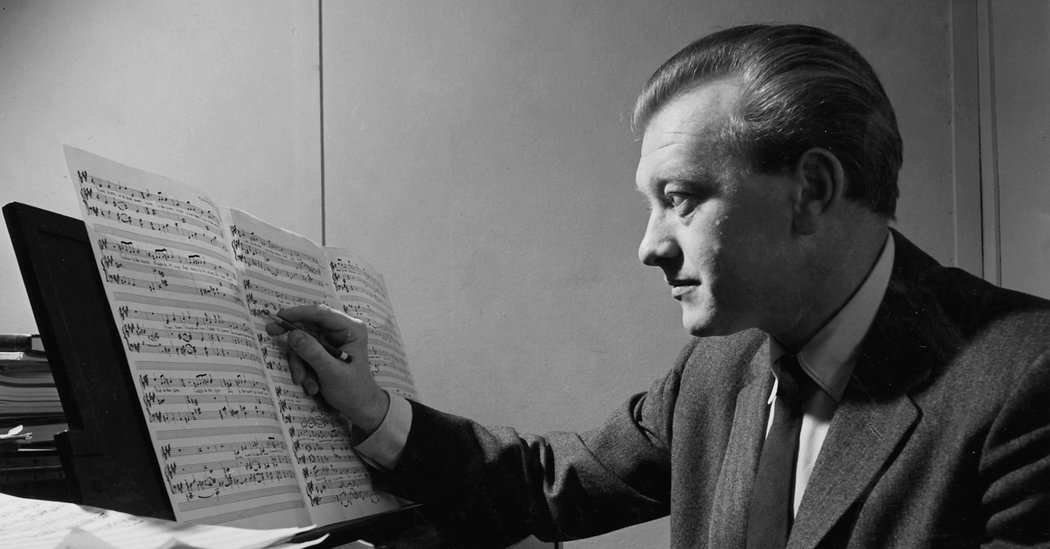

The Soviet Union had a dedicated government department called the State Committee on the Arts, later called the Ministry of Culture. This department provided financial support to artists and musicians, but also practiced a strict censorship of their material. The ministry would review new works for anti-Soviet messages, and favored music that was in a traditional Russian classical style, avoiding Western innovations.
One of the most prominent composers in the early Soviet Union was Sergei Prokofiev. Born in Russia, he moved to the United States after the Russian Revolution, composing and touring as a pianist. He returned to the Soviet Union in 1936. Many of his works are written in a classical style with certain modern techniques incorporated. His three most famous works are Romeo and Juliet, an opera based on the play by Shakespeare; Peter and the Wolf, a story about a young Russian boy; and Alexander Nevsky, about the medieval Russian hero. Even composing on such traditional subject matter, Prokofiev was censured by the Soviet government.
Dmitri Shostakovich was another composer who had a complicated relationship with the Soviet government. One of his operas was lambasted in Pravda in 1936 and the Ministry of Culture accused him of "anti-democratic tendencies" in 1948. He was forced to issue formal apologies for some of his early works and declare his allegiance to communist aesthetics. However, by 1966 he was made a Hero of Socialist Labor and received the Order of Lenin, one of the Soviet Union's highest honors.
Born in Czechoslovakia, the composer Karel Husa had emmigrated to the United States in 1954. Doing what Russian composers could not, he wrote music filled with anti-Soviet messages. His Music for Prague 1968 is a terrifying composition depicting the Soviet suppression of his homeland, but in the end it is a Czech melody that comes to dominate.
In China, the communist regime practiced a similar level of censorship as the Soviet Union, and a general suspicion of Western music. Chinese composers like Xiao Xinghai were able to have their work approved by giving Western-style compositions a decidedly Chinese basis, drawing on traditional folk songs and tonalities.
Meanwhile, some Americans enjoyed writing satire songs about the Cold War, such as Tom Lehrer's cheerful, upbeat tunes about everyone dying in a nuclear war.
Romeo and Juliet
Peter and the Wolf
Symphony No. 5
Festive Overture
Music for Prague 1968
Yellow River Concerto
Who's Next?
So Long, Mom
We Will All Go Together When We Go